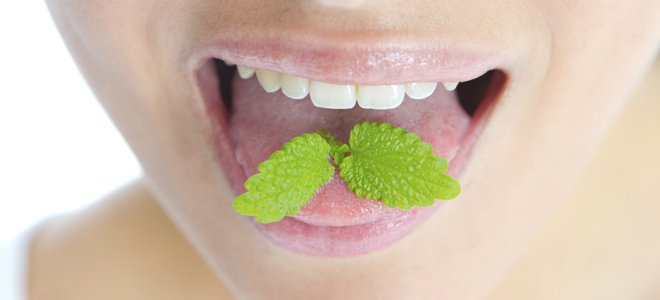It is said that stress is a disease of the Modern era, but in reality its meaning is quite broad because anything that causes a change in life, regardless of whether it is good or bad, real or imagined, can cause stress.

Stress, sweating, tachycardia, hot flashes, chills…
How many times have you not felt sweating, tachycardia, hot flashes, chills… and another long list of symptoms associated with stress? There is also talk of tingling in the extremities, dizziness, headaches, neck and back pain, sleep disturbances, appetite and digestion disorders, elevated blood pressure, joint problems, depressive disorders; listlessness, irritability, apathy and loss of sexual interest, feelings of frustration, phobias and many more.
Stages of stress
Doctors have managed to define that stress generally manifests itself in three stages: the first, which is a kind of alarm whose form of expression lies in the increase in muscle tension. The second is resistance, and is projected as anxiety, tension, and fatigue. And finally, if the causes of stress persist, comes the stage of exhaustion, where the body presents bodily symptoms such as high blood pressure, ulcers, headaches and other diseases that compromise the systemic balance of the body.
Not all people react in the same way to stress and frequently the first symptoms are associated with the most vulnerable areas of each person, be it the gastric, nervous, circulatory system…
The amount of stress a person can withstand also varies. This is known as Stress Tolerance and is a defining innate condition when it comes to handling everyday problems. One in ten people has inherited what is called Low stress tolerance, the result of which can be disastrous, since remaining under a constant state of stress, with manifestations of insomnia, pain, depression, and other symptoms, seriously compromises health.
Tips against stress
There are many tips to regulate doses of stress. Diets, exercises, therapies of various origins have been formulated, but in our case we will only give you two simple pieces of advice: Smile and Rub your hands, gestures with therapeutic properties because they generate anti-stress hormones.
“When we smile or rub our hands, our state of well-being is increasing by the simple fact of making these gestures,” and advised that if they are repeated regularly they will also have a positive effect on our environment because, among other reasons, “If we want the person next to us to be well, it’s important to smile.”
So smile and rub your hands. The mischief of the expression will be precisely in having discovered a secret to make fun of the daily anxieties that are usually the cause of your stress.


